I’m Traci Thomas the host of The Stacks, a podcast about books and the people who read them. For a while now at SheReads I’’ve been giving readers monthly In The Stacks book pairings. For 2022, we’re doing something new around here: we’re going full blown bookish advice column. I get so many questions about books, reading habits, recommendations, and all things books, so I thought we could have fun answering those questions each month right here at SheReads.com.
If you’re interested in getting your bookish questions answered, fill out this form, and stay tuned!
Dear Traci,
As the parent of school-aged children, I’ve been really troubled by the recent wave of book bannings—and how I should be explaining this to my children, reacting, and getting involved in how we can prevent this in the community. It’s crazy to me that there’s been such an uprising of these bannings this day in age! I want to know how I can support the efforts of the people fighting the book bannings. I also want to know which of these banned books I should read for myself—and put in a #TBR for my kids?
Thank you,
Concerned in Connecticut
Dear Concerned,
You are not alone. I have been feeling sick over these book bannings for sure. I felt so helpless I created a miniseries on The Stacks all about the banning of books (listen here), and spoke to a range of people who are impacted by these bans, people like librarians, teachers, authors, students, and even a state senator. It was a really illuminating series, and if you want more insight into what is going on and how it is impacting folks, please check it out.
One of the things I learned in the Banned Books in The Stacks series, is that there are A LOT of ways you can fight back against this censorship. First, you can find out what books are being banned in your area and reach out to those school districts and write a letter sharing your support for those books. So often the biggest haters are the ones that share their opinions (and they do it loudly). We forget that we can speak up and be loud in the pro-book camp. Don’t stop at the school boards, write local politicians, student and/or parent groups, try to get an op-ed placed in your local newspaper. Books need advocates, and why shouldn’t you be one of them?
Another great way to have an impact is to find groups in your community (or outside if books aren’t being banned in your area…but I’m sure they are) that are doing organized efforts against the bannings. One voice is impactful, but by joining an already mobilized group you will have an outsized impact. Organizers are incredibly effective and know what is going on, ask them what they need and support them. Additionally the American Library Association (ALA) is and has been doing incredible work around banned books, and they have resources for you on their site. Also this piece from BookRiot has great resources, too!
Now as far as what banned book you should be reading, well, that is tough because (unfortunately) there are so many different types of books being banned. Whatever you like to read about, I’m sure there are banned books in that genre. This recent trend of bannings has targeted Black authors, authors of color, and queer authors, and authors in the intersections therein. There are of course books by straight, white, cis authors that are being banned (this thread from John Greene has some interesting insights into the politics of that as well). It’s worth noting that the recent wave of book bannings have been aggressive in targeting newer books aimed at young adults that deal with gender, sexuality, and race. A lot of that is strategic, because newer books (especially ones for young people) do not have as many adult advocates who know and love the books, they are easy targets. So yes, they are banning The Bluest Eye and Maus (read these), but for every classic there are plenty of new books that are being targeted and removed from shelves, without folks even knowing.
Here is my list of titles to get you started on your banned book journey. It’s a mix of new titles and classics, all are worthy of your time!
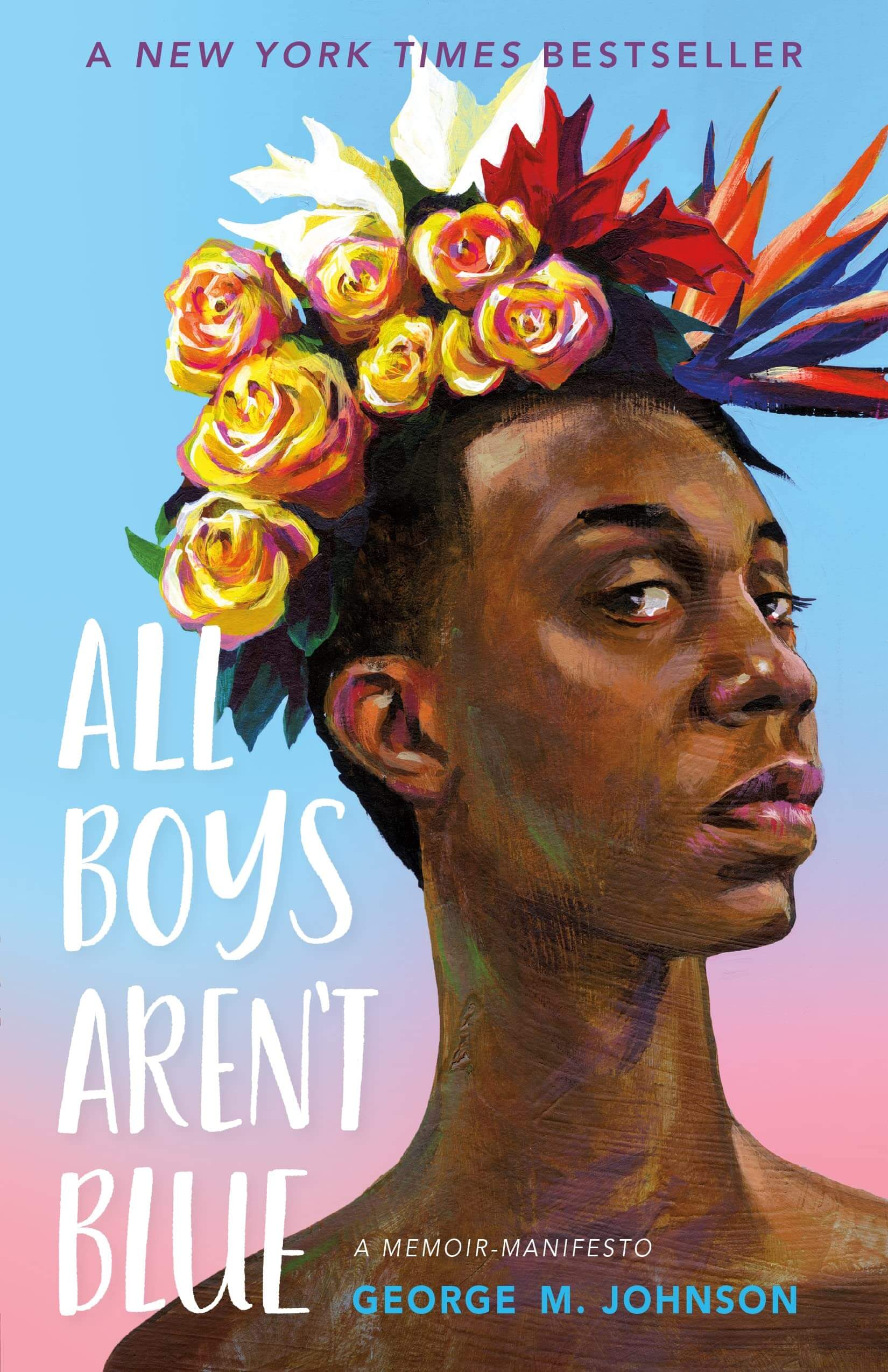
All Boys Aren’t Blue: A Memoir-Manifesto by George M. Johnson
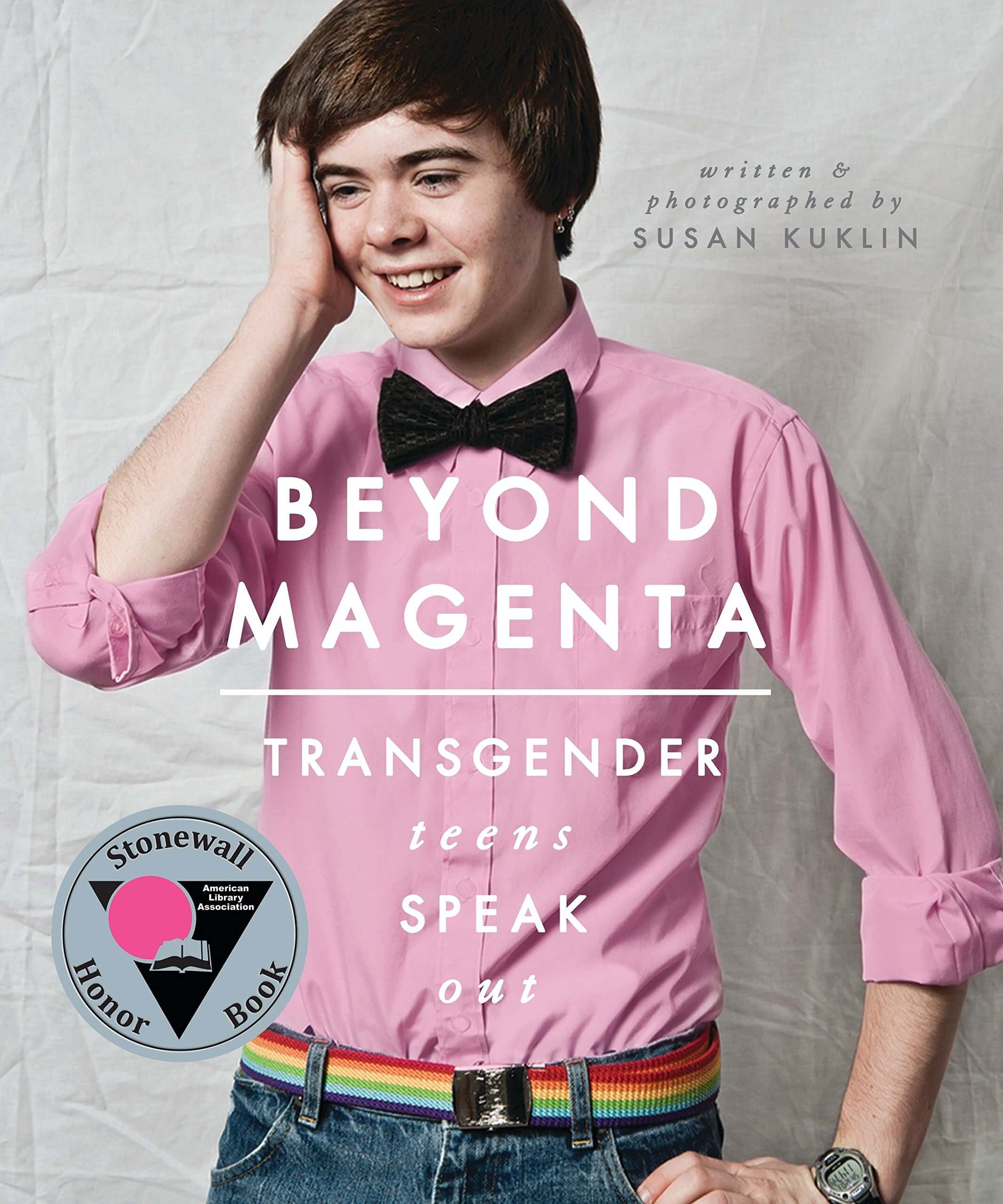
Beyond Magenta: Transgender Teens Speak Out edited by Susan Kulkin
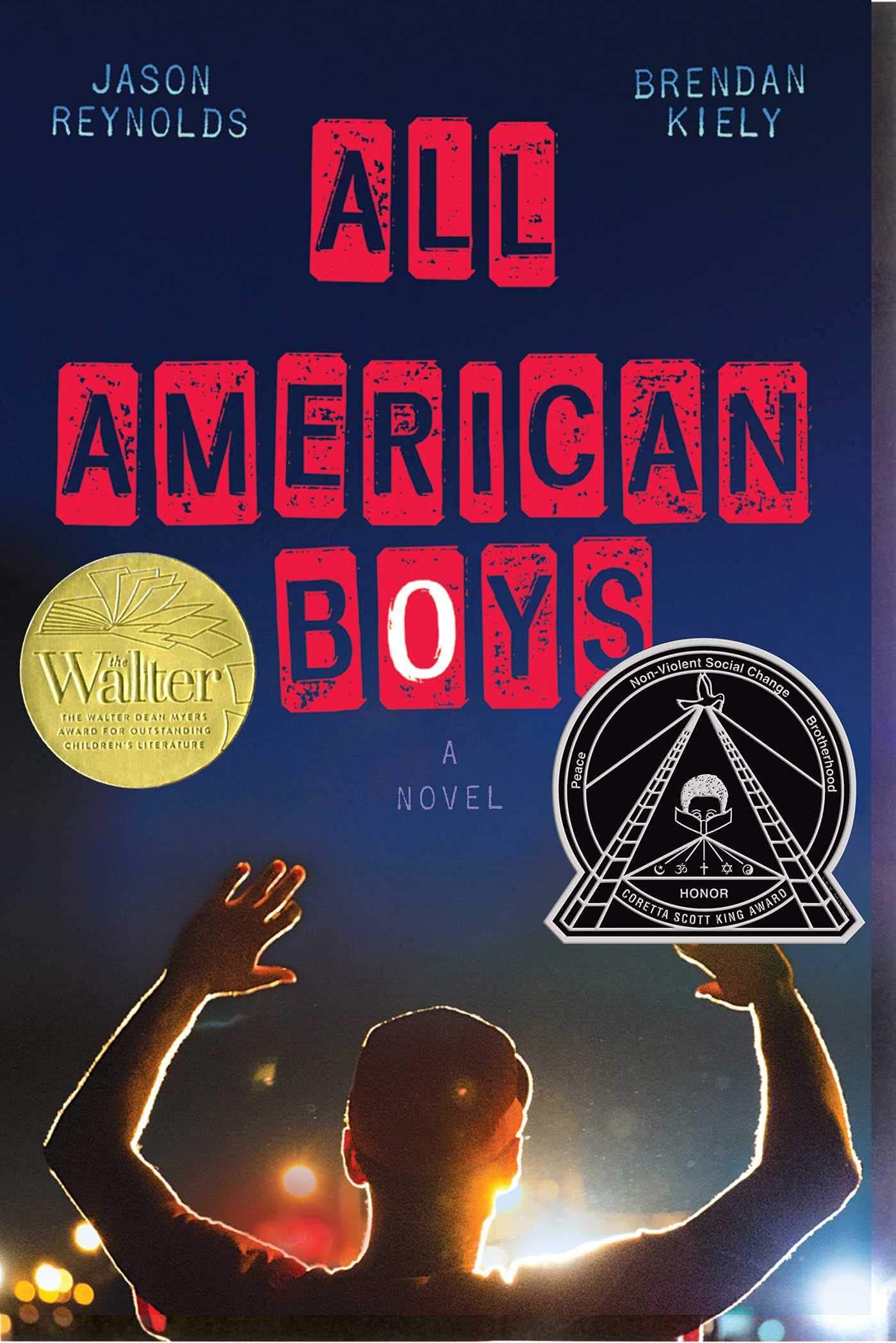
All American Boys by Jason Reynolds and Brendon Kiely
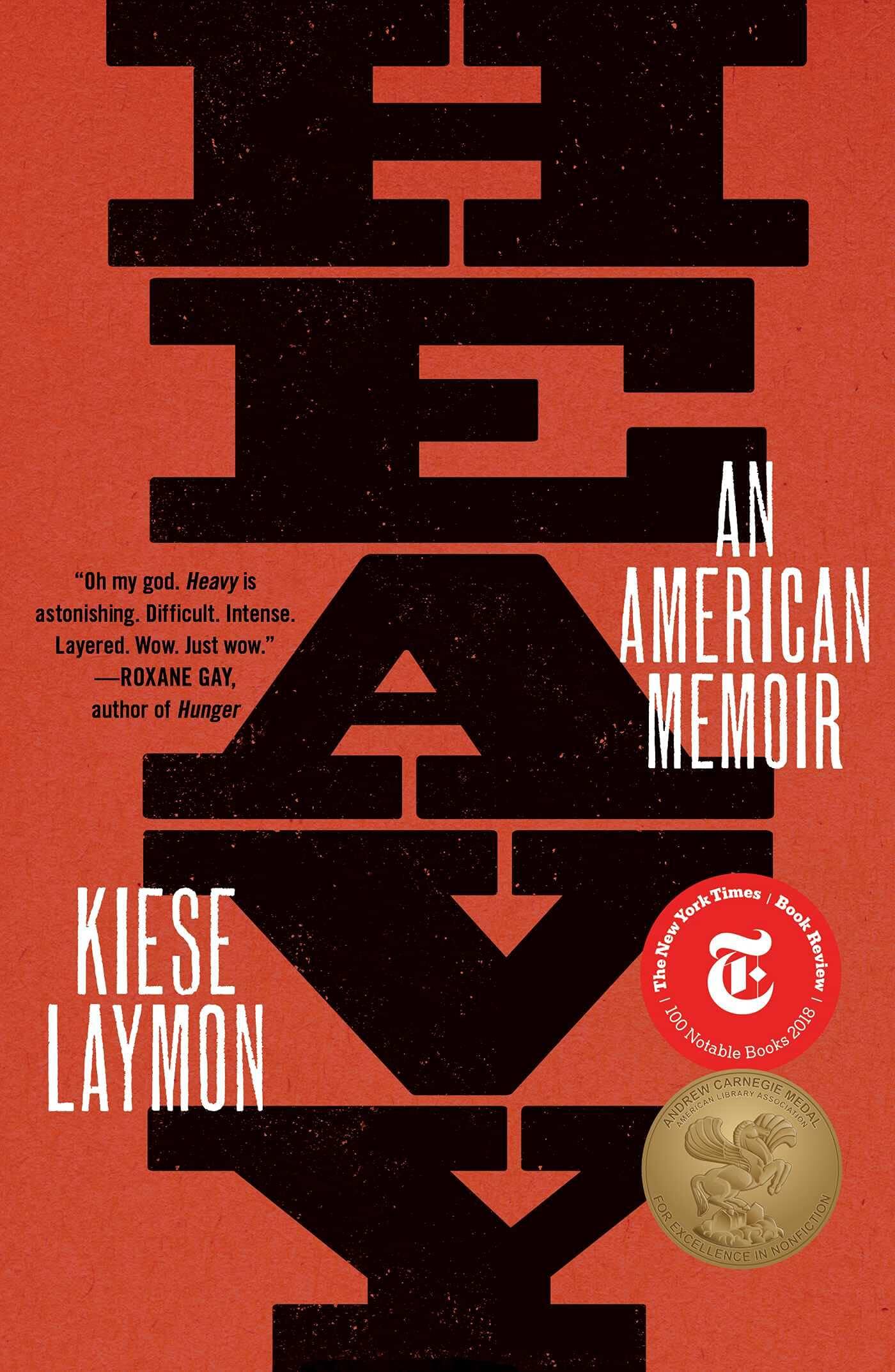
Heavy: An American Memoir by Kiese Laymon
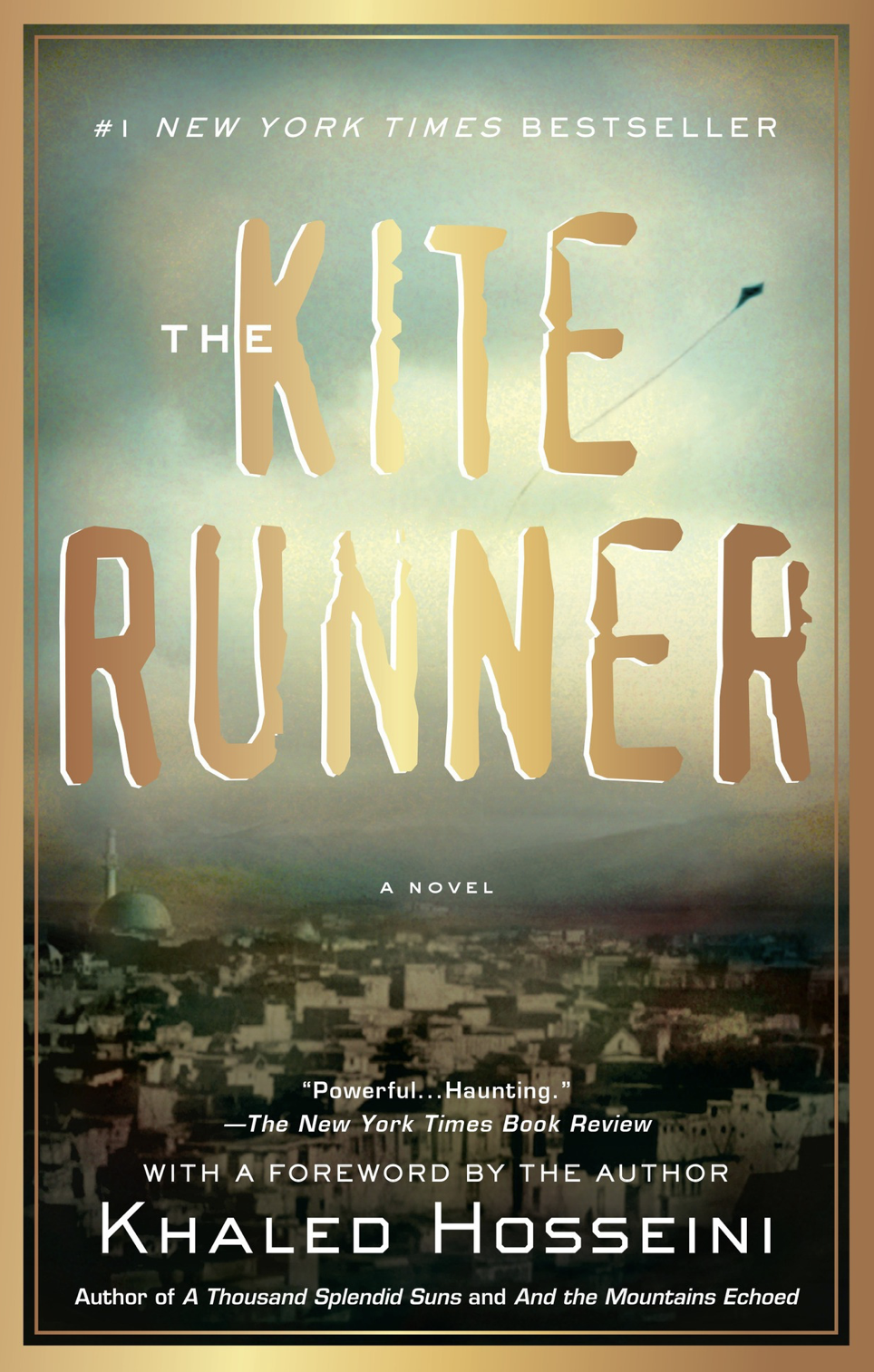
The Kite Runner by Khaled Hosseini

The Color Purple by Alice Walker
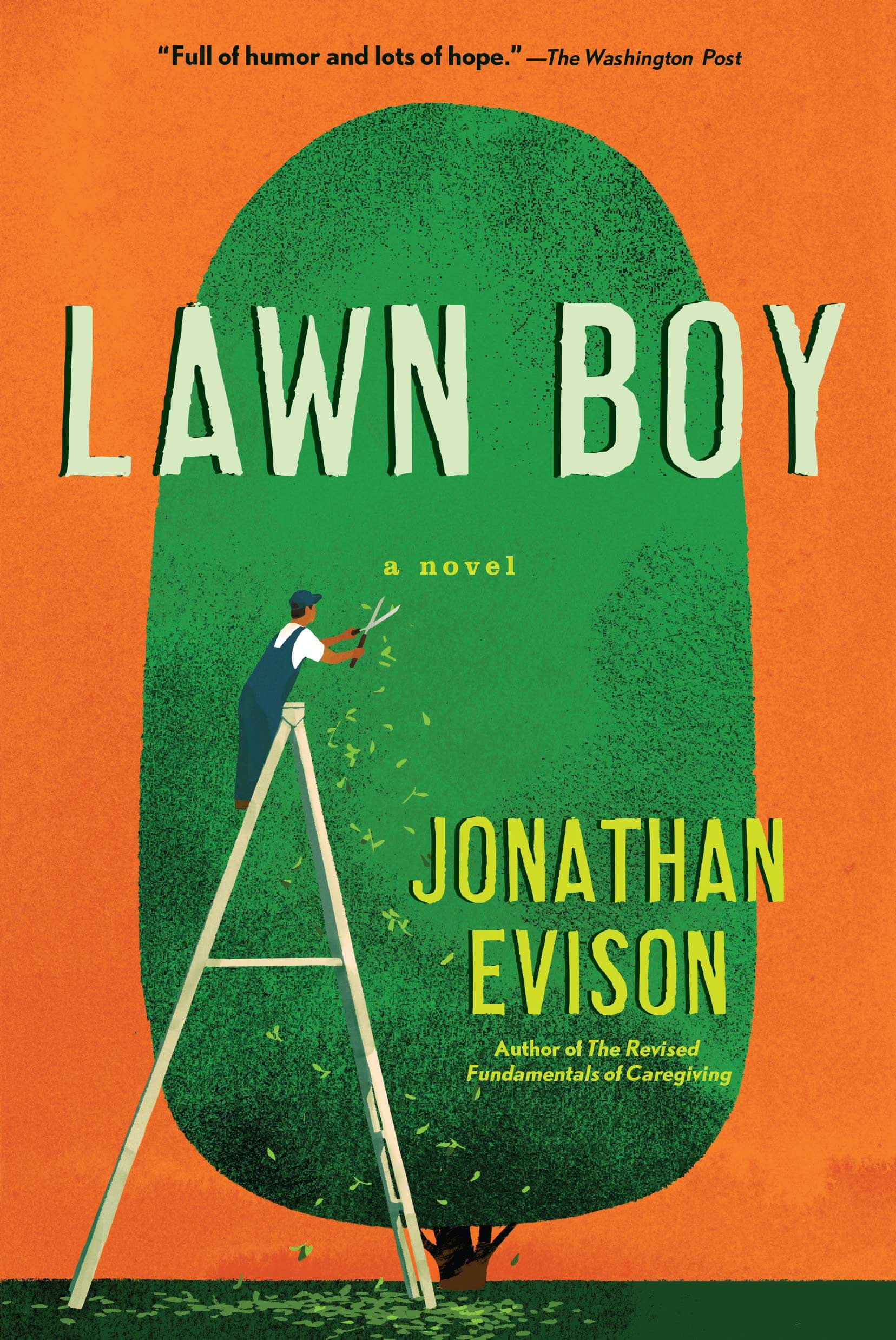
Lawn Boy by Jonathan Evison
This is just a *start* but I hope it helps you get started!
Dear Traci,
With the topic of banned books seeming to pop up all over the news lately, I’ve found it more important than ever to read books grounded in reality that show an unbridled honest look at history. I read and loved How the Word is Passed: A Reckoning with the History of Slavery Across America by Clint Smith last year; what a fascinating travel memoir, and I felt like I was there alongside Smith at those significant historical sites, like Thomas Jefferson’s slave plantation to Angola prison, contemplating the evolution of monuments and speaking with people whose beliefs and attitudes are also changing. I really want some more book recommendations that would pair nicely with it!
Signed,
Seeking History
Dear Seeking,
Wait, how good was How the Word is Passed? I loved it so much, and had the pleasure of having Clint Smith on the podcast. He is a dream; incredibly smart, thoughtful, and his voice is perfection. I love a history book that looks at history in a different way, which is what I think was so effective about How the Word is Passed. Smith didn’t just tell us about slavery, he went back to the place and added texture to the thing.
I just finished reading South to America:A Journey Below the Mason-Dixon to Understand the Soul of a Nation by Imani Perry and it is fantastic. Perry does a similar thing as Smith in that she goes to the American South to write about it. However, Perry is discussing a much broader history (not just that of Amerian chattel slavery) and gets into the present day, the past, the people, the language, the food, and so much more. She ties her own personal history with the South together with the broader history. It is both personal and extremely broad. South to America is also beautiful, the writing is extraordinary. But, don’t let the prose fool you, it is a historic text. Perry herself is a historian, professor, and all around genius, and that shines brightly through this book.
The other book I would pair with Smith’s work is Four Hundred Souls: A Community History of African America, 1619-2019 edited by Ibram X. Kendi and Keisha N. Blain. This is a massively ambitious book. It is a compilation of the history of Black people in America from 1619 as told in five year chunks by ninety different writers (plus 10 poems that encompass 40 year spans of this history). The book is a collection that wanders through American Blackness as told to the reader by professors, historians, memoirists, journalists, and more. There are so many incredible pieces in this book that stand alone (Clint Smith has an essay that is A+) but together, this book is unmatched. You can hear more on this book on The Stacks, as I was lucky to interview Kiesha N. Blain.
That’s it for this month. Please be sure to submit your own questions here. And for more from The Stacks follow me on Instagram, Twitter, and of course, subscribe to the show!

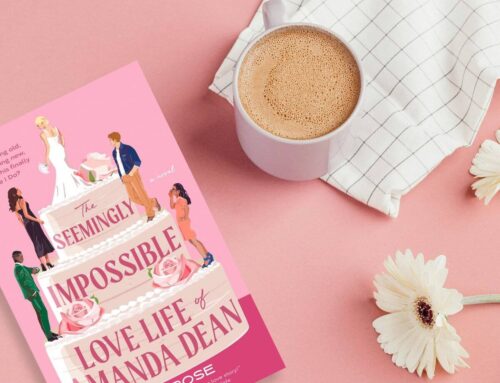
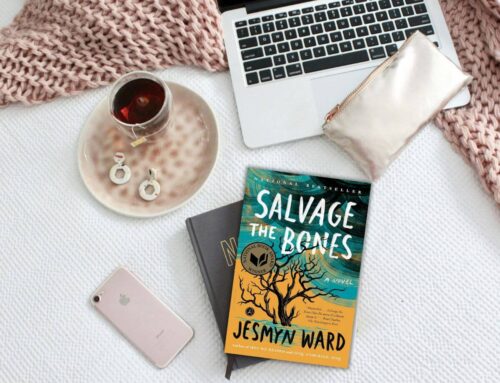
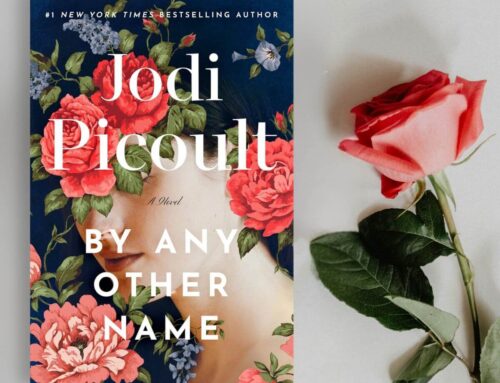
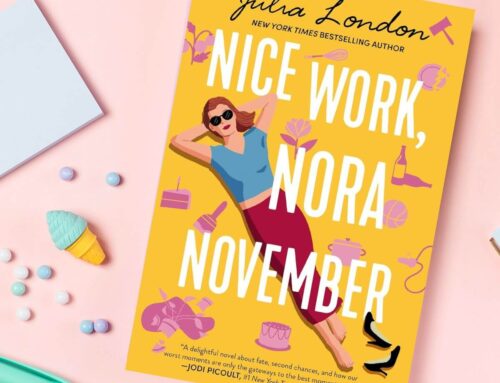
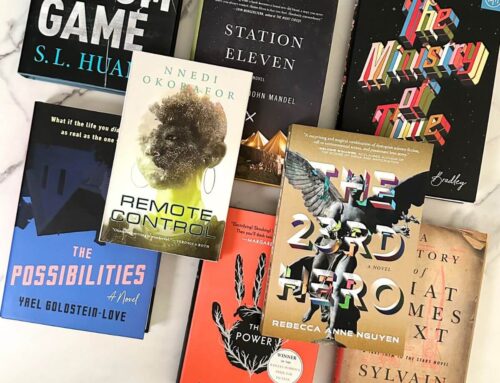

Leave A Comment